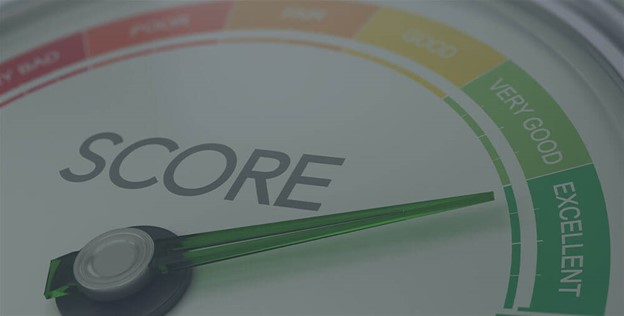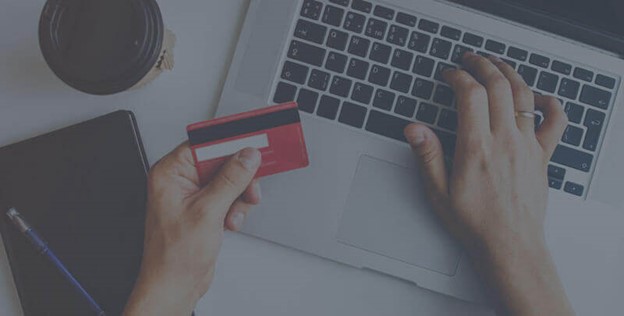
AIM TO REACH YOUR CREDIT GOALS IN THE NEW YEAR BY DOING THESE 2 THINGS
April 2, 2022
MISS A BILL PAYMENT? HERE’S HOW TO PROTECT YOUR CREDIT SCORE
April 4, 2022A longtime problem, identity theft is still evolving and adapting with the times. It’s easy to get sucked into rumors and half-truths because of the variety of scams out there. In order to prevent identity theft, you should avoid believing misinformation and spreading it to others.
Here are four identity theft myths to stop believing.
Myth #1: Identity theft is completely preventable if you’re smart.
The reality: Identity theft can be prevented in many ways that are legitimate. Create strong, unique passwords for every online account. Shred paper documents with personal information. Don’t click links or download attachments in unsolicited emails.
Even if you follow every best practice, you can still fall victim to identity theft. Just about every business you do business with stores personal information about you on their own systems, so you can’t completely prevent it.
Regardless of how careful you are, your personal data could be exposed if one of those organizations is hacked. Even if you guard your information carefully, you should monitor your credit report for signs of identity theft.
Myth #2: The consequences of identity theft are purely financial- and credit-related.
The reality: Identity thieves are primarily motivated by financial gain. Your personal information may be used to open new credit accounts in your name or to gain access to your financial accounts. This may result in financial losses and a negative impact on your credit score. Even dealing with the aftermath can lead to out-of-pocket expenses.
However, the consequences go far beyond financial loss and a negatively impacted credit score. As a result of identity theft, victims can have crimes committed in their names unknowingly. A victim of medical identity theft may be misdiagnosed or receive delayed or improper medical care. Over the course of months or even years, victims may have to spend dozens of hours resolving issues.
Aside from the time and cost to deal with identity theft, it can also result in emotional distress and mental health problems such as stress, fear, fatigue, and insomnia.
Long story short, identity theft can cost you more than your credit and finances; you could lose a lot of time cleaning up the mess and even experience poor health outcomes.
Myth #3: Identity theft only affects adults.
The reality: Adults seem to be the most appealing targets of identity theft, since they have established credit histories and identities. The truth is, children are the most vulnerable to synthetic identity theft.
Synthetic identity theft occurs when criminals combine real and fake information to create a false identity using a stolen Social Security number (SSN). Fraudulent accounts, medical identity theft, and more are then created using these fake identities.
Criminals can use children’s SSNs to work from a blank slate, making synthetic identity theft a serious threat to children. It can take years for the fraud to be detected. The child may not discover the fraud until they apply for credit as adults.
The victims won’t be responsible for financial losses related to synthetic identity theft, but they may find it difficult to clear up the mess and regain control of their social security numbers.
Myth #4: Credit cards are less safe to use for purchases.
The reality:
Due to their better liability protection, credit cards are safer than debit cards. In the case of debit cards, which are tied to real money in your bank account, your liability for fraud losses is limited to $50 if you report it within two days. Liability is capped at $500 until 60 days after fraud occurs. After that, you are legally liable indefinitely.
A fraudulent charge on a credit card can never exceed $50 in liability. Credit card companies may even waive this liability if the fraud is reported within a reasonable period of time.
As a result, credit cards offer a greater level of legal protection than debit cards. You should familiarize yourself with the liability policies of all financial institutions you deal with.
Is your personal information on the dark web? Make sure your identity isn’t at risk!


